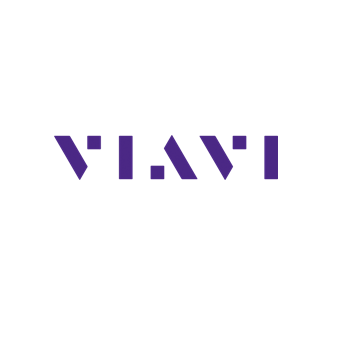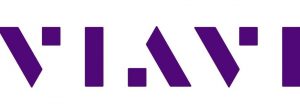Viavi Solutions today introduced the industry’s first comprehensive test suite for O-RAN specifications. Open Radio Access Network (O-RAN) is being adopted by operators and equipment manufacturers worldwide, to reduce infrastructure procurement, deployment and operational costs and lower the barrier to entry for new product innovation. As a leader in 5G test and measurement and contributor to the O-RAN Alliance, VIAVI has developed a comprehensive test suite with modules for lab validation, field deployment and network assurance.
In a multi-vendor based O-RAN environment, ensuring interoperability will become the network operator’s principal concern, as they will be responsible for managing advanced coordination features, power control algorithms and intra-technology interactions. The traditional single-vendor network simplifies all that, and when product-related network performance issues inevitably arise, service providers work with only one vendor to resolve them. Other key challenges of a multi-vendor based network will be network and resource management, along with integration of new functions and orchestration of new services.
VIAVI has been working closely with operators and vendors around the globe to help them address these challenges. The company has identified various use cases which can help identify, isolate and resolve any network performance issues before and after a multi-vendor based O-RAN network is launched. Following are key areas of focus in lab validation, field deployment and network assurance:
-
Multi-vendor interoperability test (MV-IOT) for functionality, performance, reliability, robustness, and resilience
-
Subsystem (wrap-around) test
-
System level test
-
Vendors-pairing evaluation
-
Protocol compliance for open interfaces and protocols
-
Continuous integration (CI) and Continuous Delivery (CD) test automation
-
Continuous test process throughout the entire lifecycle
-
Holistic evaluation of multiple RAN deployment options (RAN dis-aggregation, spectrum bands, delay management, features, vendors, etc.)
-
Performance monitoring of open interfaces and protocols to ensure optimum operation.



